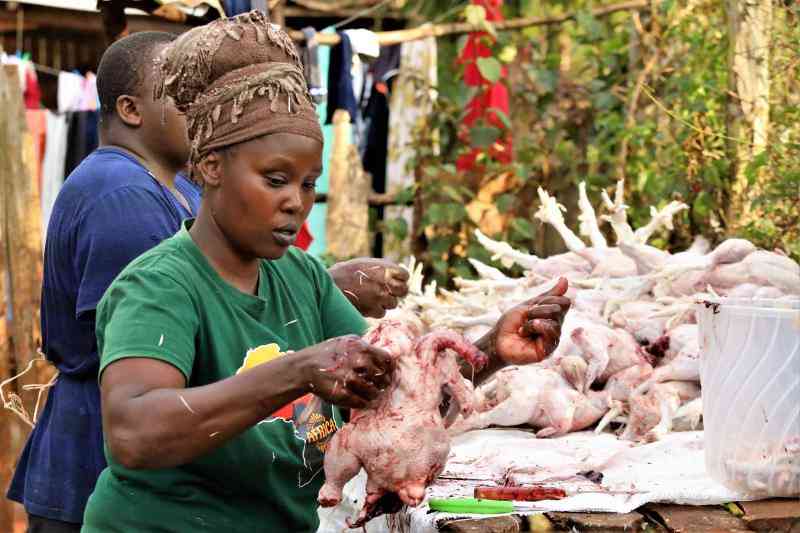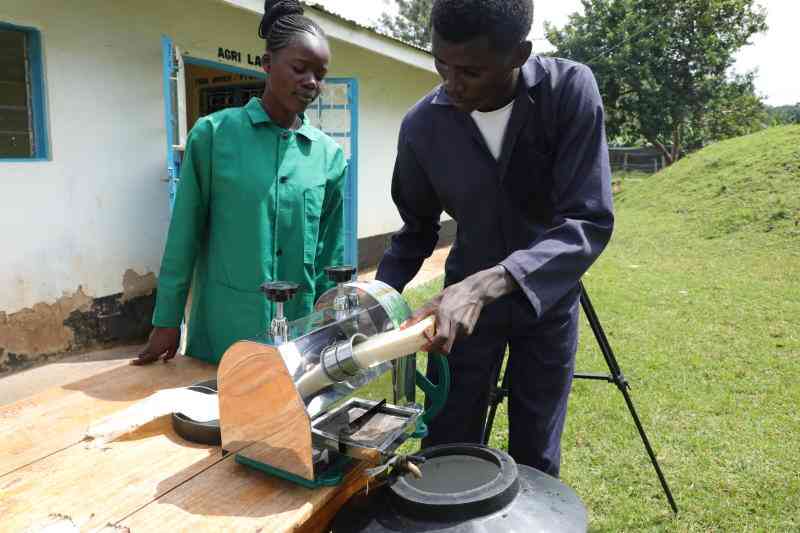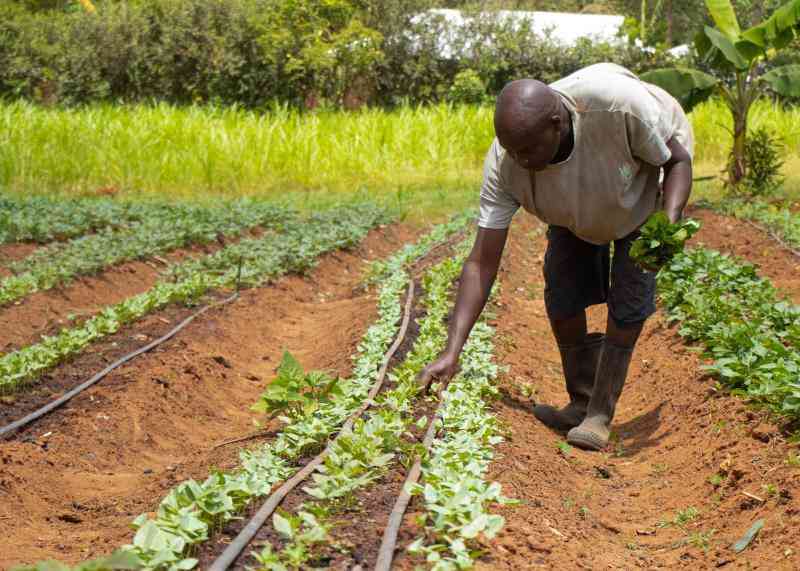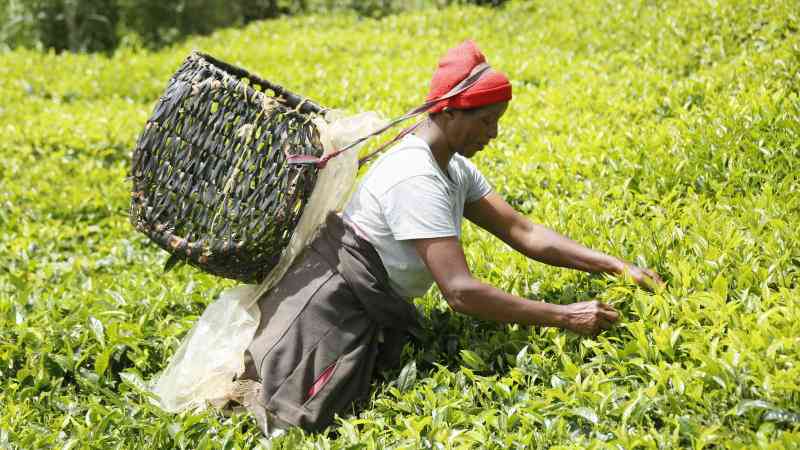Big leap for Kenya towards genetically modified animal farming
A meeting of experts on GM heard that the country’s biosafety authority — National Biosafety Authority (NBA) — is set to finalise draft guidelines on use of the animals.
Addressing a roundtable discussion, acting Chief Executive Officer of the National Biosafety Authority Prof Dorington Ogoyi, told delegates that the steps are coming to a culmination soon.
“This is a great step forward and will set the pace for the rest of Africa. We need to adapt accordingly,” Ogoyi said.
The current regulations are aligned to not only focus on transgenic crops, but also support animal biotechnology.
The scientists shared international experiences in regulating animal biotechnology as well as explore possibilities of building a network of experts in animal biotechnology.
He said the Biosafety Authority is up to make advancements in animal biotechnology.
NBA is aligning the laws that support such advancements by engaging stakeholders in animal research, regulatory, communication, production, food standards and other implementing agencies.
Kenya’s National Biosafety Authority has been benchmarking and learning from best practices in the world.
The scientists have gained lessons from countries with GM applications.
The NBA is progressively building a database on stakeholder experts who are pivotal in steering this cause.
GM technology both has been crowded with bureaucracy, propaganda, and misinformation.
But experts insist they are safe and environmentally friendly.
“The point is, genetically produced animals are more resistant to climatic conditions. They are adapted to resist disease and pests that cause fatality or affect quality of meat and milk from animals,” said Gideon Ogutu, a biotechnology scientist and lecturer at the Catholic University.
Ogutu said GM animals would help the country produce for commercial purposes.
“We have the expertise in Kenya, but the narrative of GM has been wrongly twisted. We could make huge economic growth as a country if we embrace GM crops and animals like in India, Netherlands and South Africa,” he said.
He said Kenya could double its industrial growth if policies and laws are aligned to Sustainable Development Goals and Vision 2030. “We are in an information society, knowledge based economy which is a key driver of research in Biotechnology. Scientists share new developments but rigid laws and old policy hold us back,” he stated. [Kurian Musa]
Want to get latest farming tips and videos?
Join Us
Share this article on social
 The Standard Group Plc is a multi-media organization
with investments in media platforms spanning newspaper print operations,
television, radio broadcasting, digital and online services. The Standard Group
is recognized as a leading multi-media house in Kenya with a key influence in
matters of national and international interest.
The Standard Group Plc is a multi-media organization
with investments in media platforms spanning newspaper print operations,
television, radio broadcasting, digital and online services. The Standard Group
is recognized as a leading multi-media house in Kenya with a key influence in
matters of national and international interest.
 The Standard Group Plc is a multi-media organization
with investments in media platforms spanning newspaper print operations,
television, radio broadcasting, digital and online services. The Standard Group
is recognized as a leading multi-media house in Kenya with a key influence in
matters of national and international interest.
The Standard Group Plc is a multi-media organization
with investments in media platforms spanning newspaper print operations,
television, radio broadcasting, digital and online services. The Standard Group
is recognized as a leading multi-media house in Kenya with a key influence in
matters of national and international interest.






